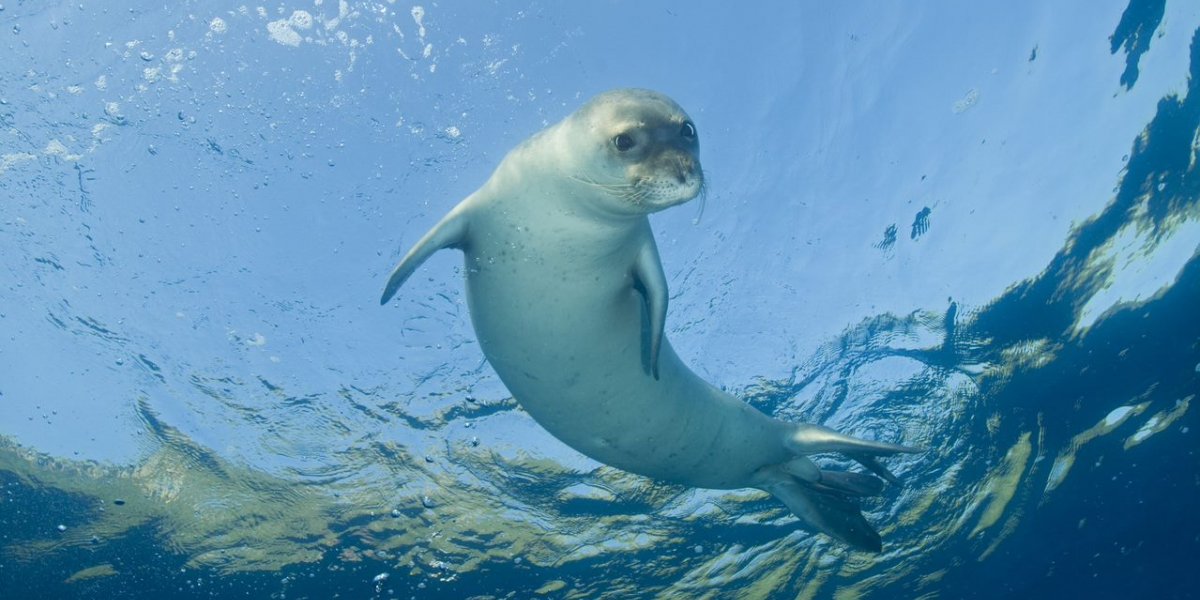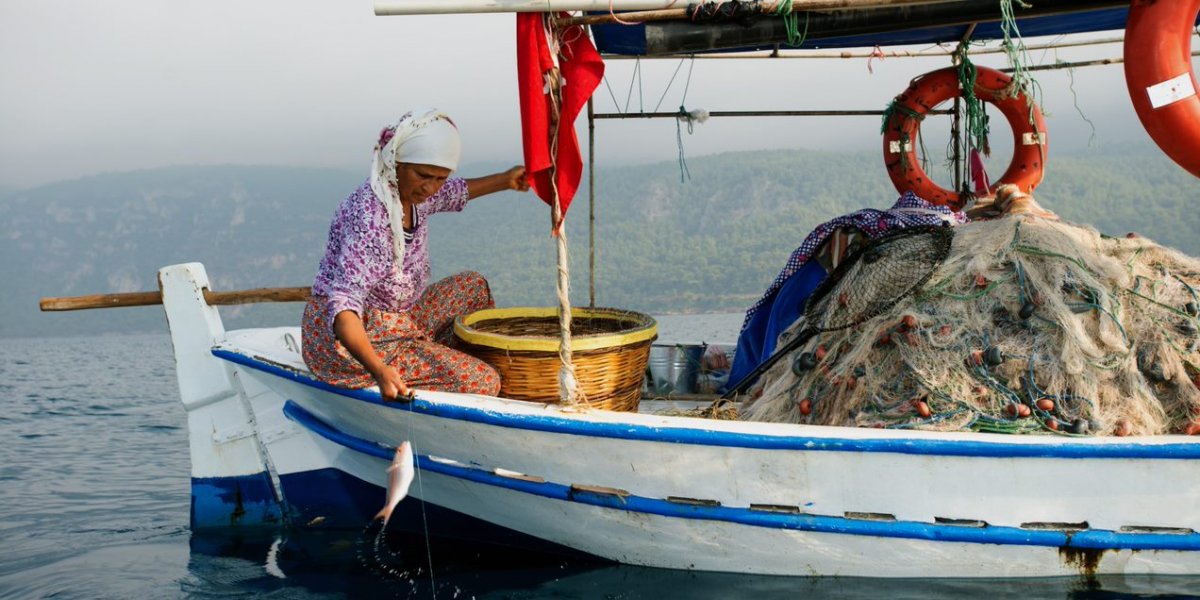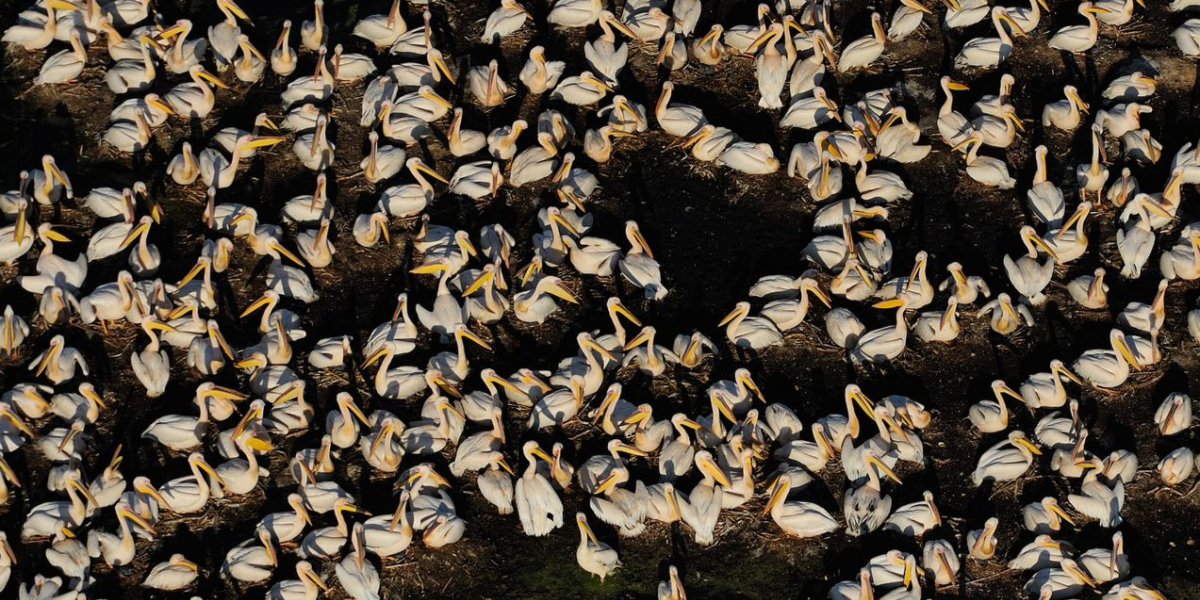Restoring Europe’s landscapes for life
Cambridge leads the Endangered Landscapes Programme, restoring Europe’s most threatened environments.
The Cambridge Conservation Initiative (CCI) last week unveiled a programme to restore priority landscapes across Europe. The Endangered Landscapes Programme (ELP) will provide a demonstration of nature’s powers of recovery, and the benefits to habitats, species and people of restoring biodiversity and ecosystem processes to degraded land and seas.

The programme seeks to transform biodiversity conservation and represents a US$30 million investment from Arcadia, a charitable fund of Lisbet Rausing and Peter Baldwin, in partnership with CCI, a collaboration between nine conservation organisations and six departments within the University. By catalysing strategic partnerships between leaders in research, education, policy and practice CCI aims to transform the global understanding and conservation of biodiversity and, through this, secure a sustainable future for biodiversity and society.
The Oversight and Selection Panel, chaired by Professor Sir John Lawton (pictured, left), had the challenging job of selecting which eight projects would receive funding. "With these projects we're aiming to be brave and bold. We're bringing nature back to be exemplars of what can be achieved globally," said Sir John.
Included in the ELP-funded projects are plans to create opportunities for key species such as wolves, moose, European bison and greater spotted eagles to move more freely in the vast Prypiat Polesia area of Belarus and Ukraine; establish one of Europe’s largest wilderness areas in the Carpathian Mountains of Romania; and restore Caledonian pinewoods to some of the UK’s most spectacular landscapes in the Scottish Highlands. "No other conservation programme anywhere else is attempting to restore such huge areas of habitat," summarised John.
Speaking at the launch, Vice-Chancellor Professor Stephen J Toope said, "Lisbet Rausing and Peter Baldwin have united Cambridge in common cause with our closest neighbours, reflecting our best selves, our best interests, and the best hope for future generations."
Members of two of the eight funded projects spoke of the conservation work in their areas.

The Turkish Mediterranean coast: returning predatory sandbar sharks and monk seals
A critical habitat for some of the Mediterranean's most charismatic species, the marine ecosystem from Gökova Bay to Cape Gelidonya in Turkey has long provided local people with sustainable livelihoods through fishing. As a result of unregulated fishing activity, tourism and invasive species from the Red Sea this is now under severe threat.
"Within Turkey there are 14 Special Environmental Protection Areas (SEPAs) and six of these are in the project area," explains Sophie Benbow from Fauna & Flora International, leaders of the project and partner organisation of the CCI.
The project will scale up a successful pilot in Gökova Bay to restore more than 500km of vulnerable marine habitat along the Turkish Mediterranean coastline. In just five years, the pilot yielded a significant recovery of habitat and fish stocks, an increase in fishing incomes, reduced abundance of invasive species and resulted in the return of predatory sandbar sharks and Mediterranean monk seals.
"Seeing the return of the monk seals is really exciting. A few years ago they were rarely sighted, and now we observe them regularly. From a community perspective we're also really pleased to report increases in fish stocks and revenue for local fishers," said Sophie.
Although some no-fishing zones are already in place along this stretch of coast, they are not enforced. This project will establish new no-fishing zones that will be patrolled by community-based ranger teams, as well as regulating boat mooring to enable seagrass recovery and developing best practice guidelines for marine tourism.
"I think the ELP demonstrates the drive for collaboration and communication in conservation at the moment. Restoration language is not traditionally used in the marine world, so it will be interesting to see if other marine projects follow this approach and open up a dialogue with us to share knowledge and findings," said Sophie.
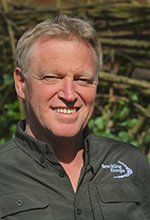
The Danube Delta: restoring 40,000 hectares of wetland and terrestrial habitat
The Danube Delta is home to huge numbers of breeding birds and the largest number of fish species anywhere in Europe, yet the development of infrastructure during the 20th century has led to a deterioration in water quality, salinisation and biodiversity. Tackling the impacts of this activity is the focus of the Danube Delta project, led by Rewilding Europe.
“The Danube Delta is a landscape ready for wetland restoration on a large scale,” said Frans Schepers, Managing Director of Rewilding Europe. “Being a part of the ELP is a unique opportunity. Through the ELP we are restoring landscape functionality for the benefit of both nature and people.”
Fish stocks in the delta have decreased by 60% due to decreasing polders and other infrastructures, while rising sea levels have started to contribute to erosion of the outer delta. The delta and the lands surrounding were once inhabited by large herbivores, carnivores and scavengers. Failed land reclamation and agricultural developments however, have led to their disappearance, resulting in a loss of important ecological processes these species guilds deliver. “Subsidies have resulted in a strong push towards the wrong land use, and in some areas it’s hard to make land available for reflooding as so many different parties have stakes in it,” explains Mykhailo Nesterenko, Rewilding Ukraine team leader.
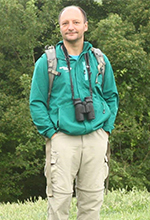
“We now have two options – either we continue with the old model of intensifying landuse and control of natural processes, or we look to giving space to nature and the development of a new nature-based economy. That’s what this project is hoping to achieve,” continues Frans.
The five-year project will re-establish natural processes such as flooding and natural grazing with large herbivores, which in turn will encourage wildlife comeback, increase biodiversity and support the development of nature-based economies.
“With the ELP and its many partners, Europe can become the lead example of how we restore landscapes and coexist with nature and our native wildlife. The lessons learned here can be used everywhere. It’s a huge opportunity for building a new and positive conservation narrative,” concluded Frans.
Read more about the programme's launch.
Read more about the Endangered Landscapes Programme.
The nine organisations in partnership with the University to form the CCI are Birdlife International, British Trust for Ornithology, Cambridge Conservation Forum, Fauna & Flora International, IUCN, RSPB, TRAFFIC, Tropical Biological Association and the UN Environment – World Conservation Monitoring Centre.

